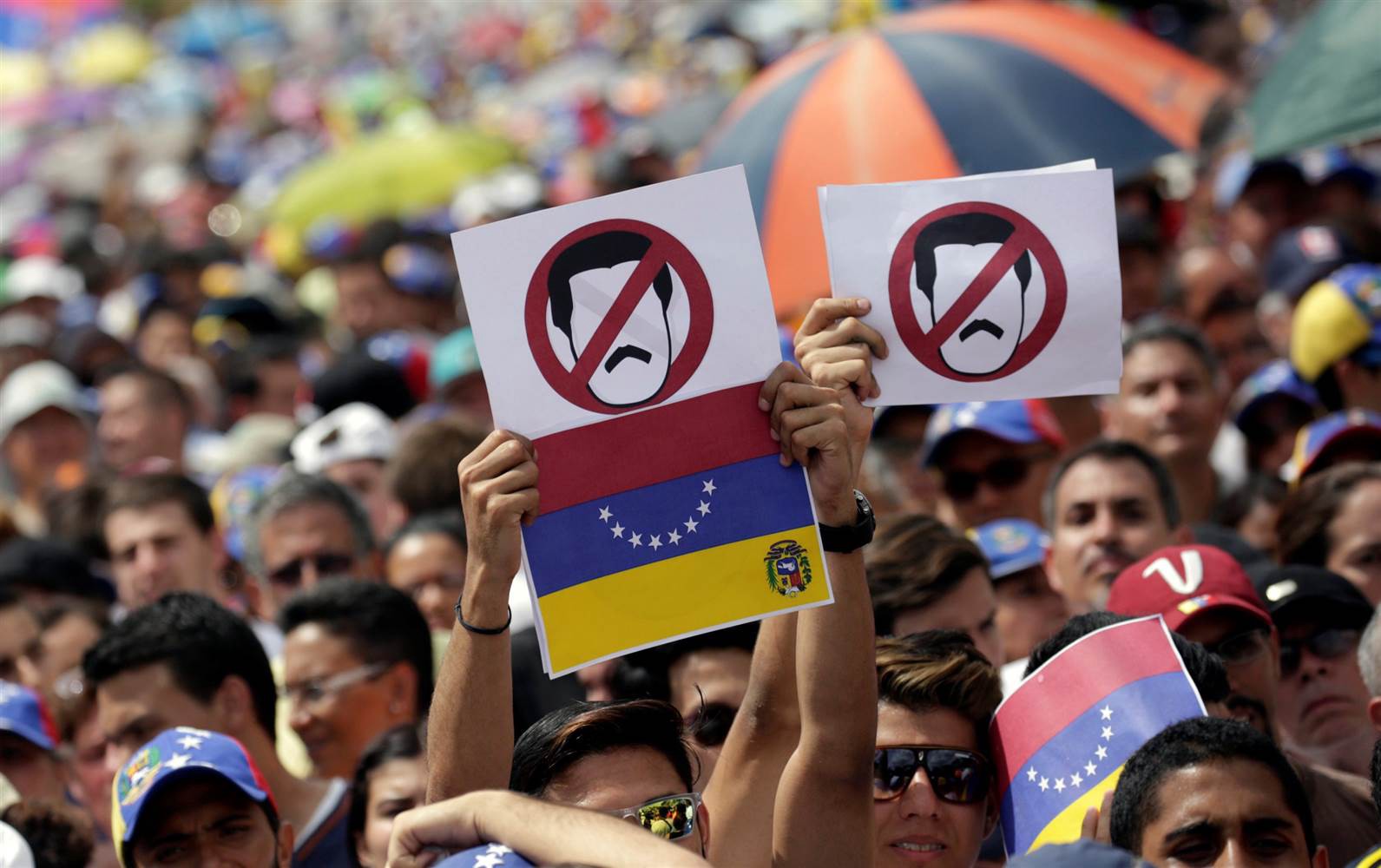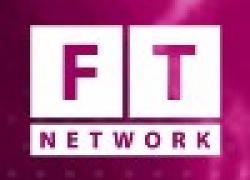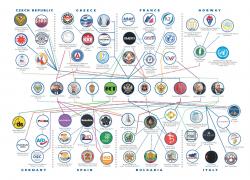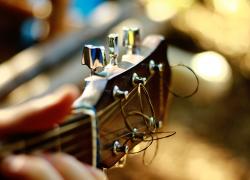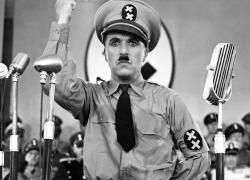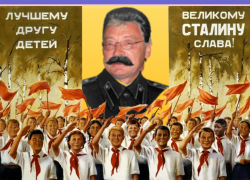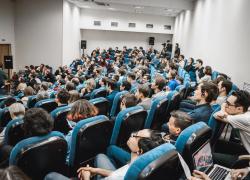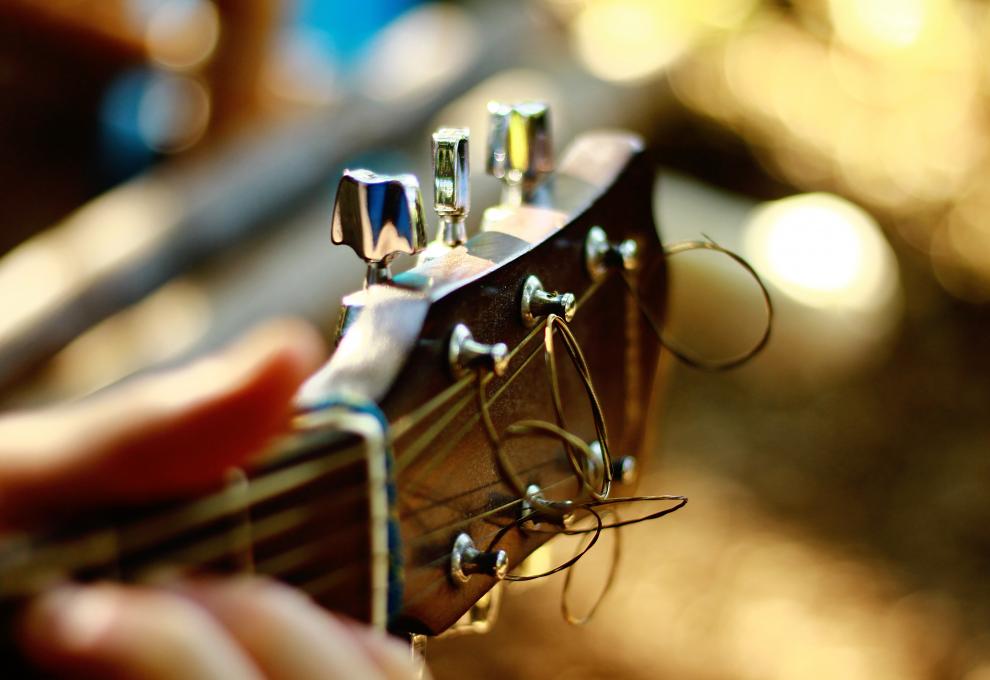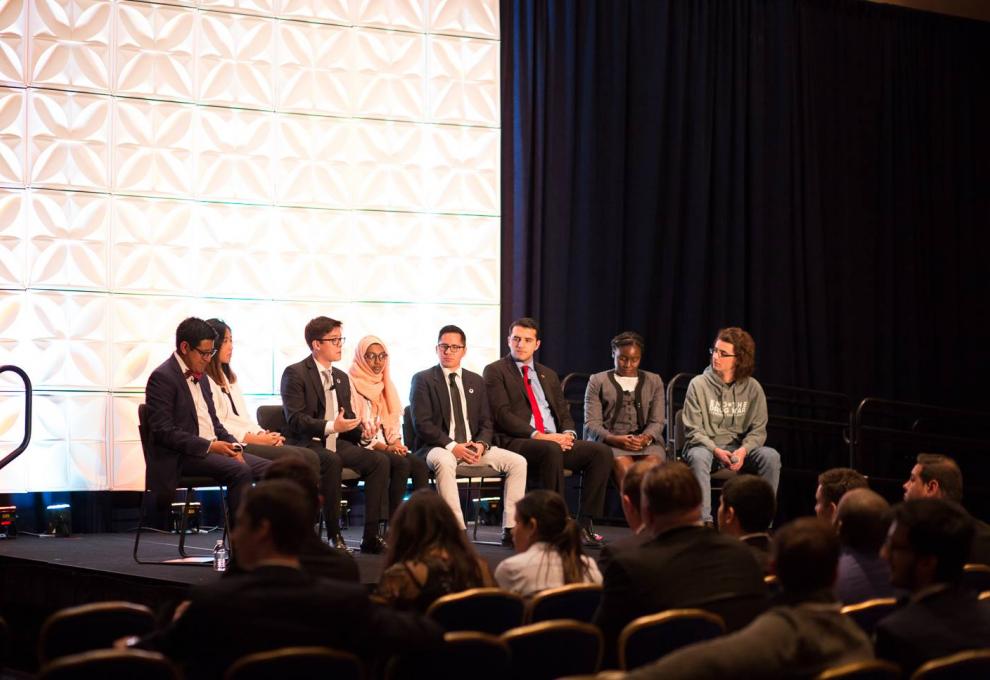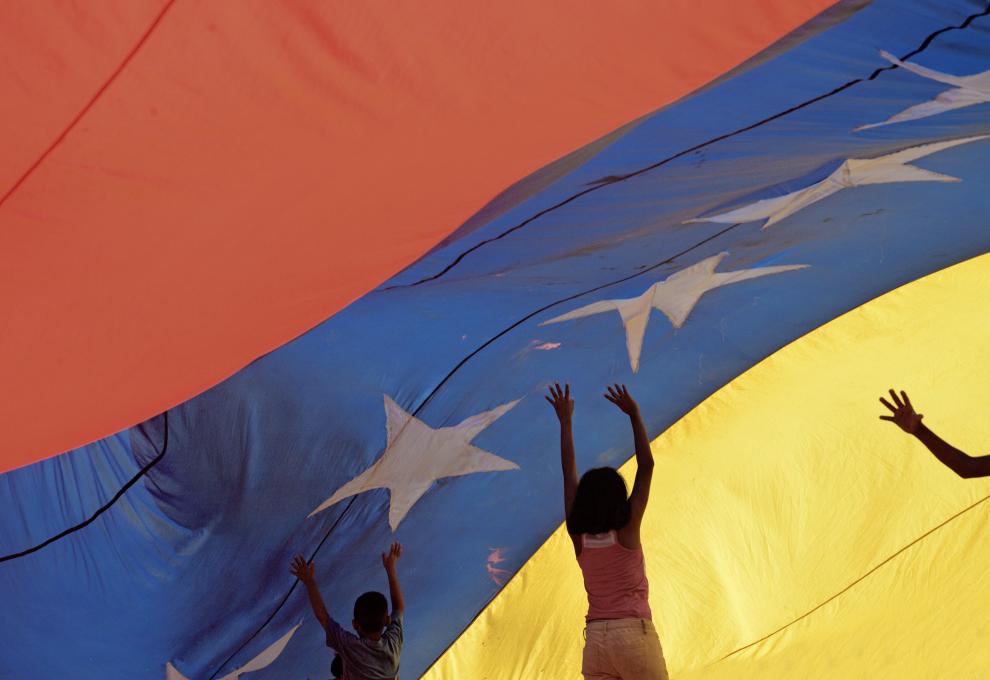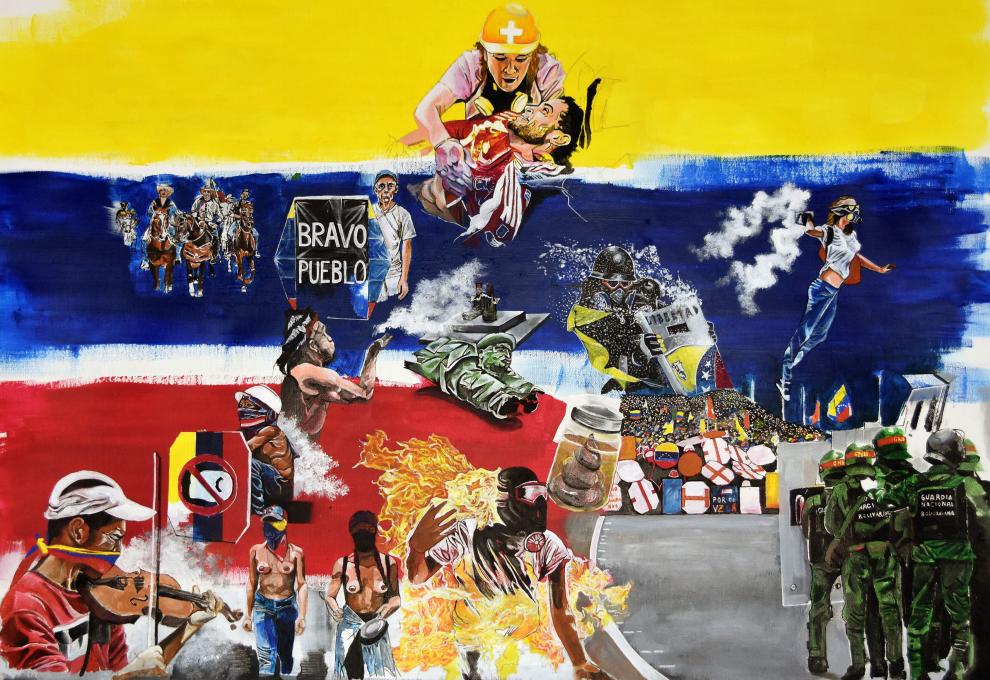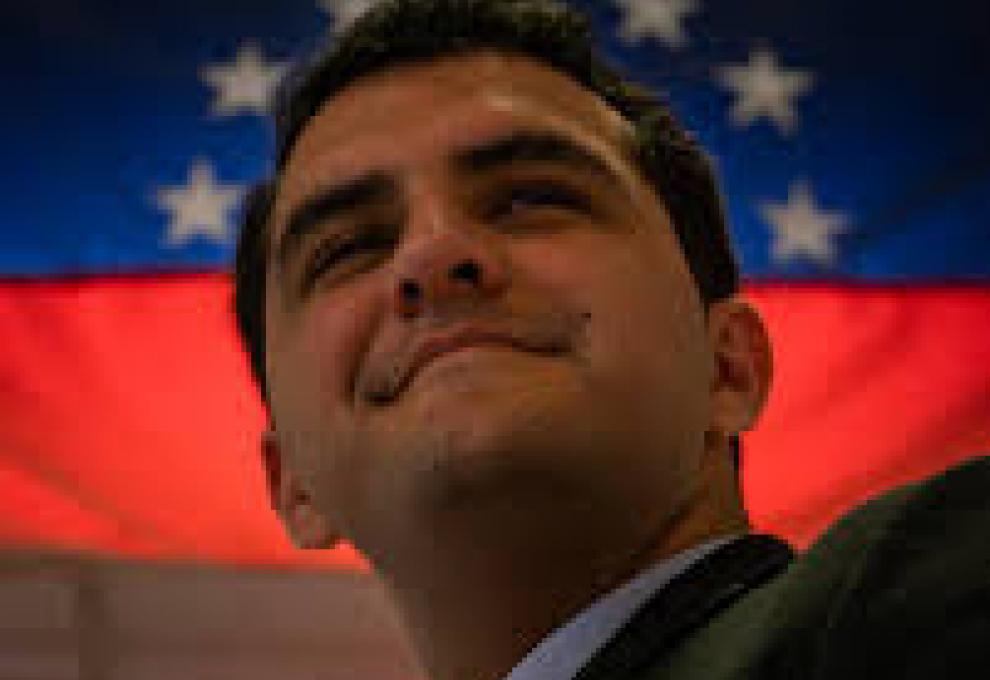The use of force in Venezuela remains on the table
On Tuesday, April 30, Venezuelans woke up with a surprise on social networks, the interim President of Venezuela Juan Guaidó and the political leader of Voluntad Popular (center left) Leopoldo López called on the armed forces to execute the definitive cessation of usurpation , the first step of the political strategy that aims to conquer freedom in the country and then proceed to the reinstitutionalization and democratization of the political system.
It has been a total surprise because, from the day of his swearing in as interim president (January 23), Juan Guaidó has sought the cessation of the usurpation (that Maduro and his regime come out of power) through a diplomatic and financial fence: dedicating himself to strengthen ties with foreign powers, obtain the recognition of the Western States and recover the nation's assets located in different parts of the world. The call to the armed forces had not been so forceful, the only precedent occurred when more than 500 military personnel crossed the border with Colombia after the failed attempt to enter humanitarian aid on February 23. That military personnel does not currently have firepower.
This seems to be a good time to raise the discourse and promote stronger actions, although the international community continues to relativize the situation, the support of the United States is consolidated and the public opinion in Venezuela is in tune with actions of force that allow finishing with the regime of misery that afflicts everyone equally.
However, there is an important deterrent: international public opinion and domestic public opinion in the United States. It is considered impossible that, in the 21st century, an American government executes or supports military action in a Western country. So much is the rejection of pressure groups that the media are kept in an apparent campaign to delegitimize initiatives of this type: calling Guaidó "self-proclaimed" and calling his efforts as coup attempts, trying to link them to cases like the one of Pinochet.
Beyond the opinions and feelings of groups that underestimate the serious Venezuelan humanitarian crisis, the supporters of the left who still defend Nicolas Maduro or the sensible people who worry about the fate of taxpayers' money, one thing is for sure, the reality of Venezuela affects the stability of the region and the real solution is through the use of force. This is the reason:
De facto power in Venezuela is exercised by a criminal organization, which attempted to take power by force in the 20th century, and then discovered that it was possible to kidnap it by exercising democracy. Once installed in power (1999) they perverted the laws and institutions to ensure their survival, also implementing socialist policies to undermine private initiative and to exercise total control over society and territory.
Currently, the Venezuelan institutions are a facade, a propaganda mechanism to simulate normalcy abroad and subdue the population in the interior. Chavismo is no longer interested in the fiction of the state, they fulfilled their purpose with it by making connections with powers such as China and Russia, concealing their dealings with Iran and exporting their project to the Caribbean and South America. Today they are only interested in controlling the territory.
Owning about 1 million square kilometers of land, with the largest proved reserves of oil in the world, the largest facade in the Caribbean Sea and vast gold and coltan mines is the dream of any criminal. And to that is added the geostrategic location to the north of South America, virtually in the center of the continent, which makes Venezuela an ideal center of operations for enemy powers of the West and transnational terrorist groups.
All those who have committed to this project have clearly understood its nature and projections. Personally, they have benefited from immense wealth and power to the detriment of life and freedom and property of Venezuelans. All those who have reached the highest spheres of power know that the price of not supporting what they help build or maintain would be to lose everything. For this reason, whoever moves away or is displaced from power, has no real capacity to contribute to the destruction of this system of evil.
We know the cases of Eladio Aponte Aponte (former Judge), Jorge Giordani (former Minister of Finance) and Luisa Ortega Diaz (Attorney General), among others. Those who have only served to corroborate the crimes that the regime has committed, and of which they have been accomplices.
It can’t be believed that the experience will be different with Vladimir Padrino (Minister of Defense) Maikel Moreno (President of the illegitimate Supreme Court) or Iván Hernández (Commander of the Presidential Honor Guard and General Director of the Military Counterintelligence). Men with extensive criminal records that, after all, once out of the game, are only men. The only ones with a real capacity to undermine the foundations of the regime are those with a monopoly of violence, that is, those who effectively control the weapons in the hands of the military and colectivos (urban guerrilla).
In that sense, the troop commanders co-opted by the Cuban and Russian intelligence services and Diosdado Cabello (among others) in charge of the criminal organizations are the true owners of the fate of the regime and are the least willing to negotiate. The Castro Regime survives from the plundering of Venezuela, Russia sees in Venezuela a base of operations to demolish the area of influence of the United States and characters like Cabello need to maintain the power to ensure their survival.
It is so unlikely that negotiations with officials such as Padrino, Moreno or Hernández will contribute to generating a positive outcome, which is enough to remember how they accumulate power: Padrino was in command position and always remained faithful to Chávez, even during the coup of 2002, his ascent to the military high command occurs with the rise of Maduro and from there he has been the main spokesman of a military caste that owes all its wealth and power to the socialist regime; Maikel Moreno is a former policeman accused of homicide who after graduating as a lawyer began a career as a judge benefiting the Chavez regime, he is appointed Magistrate in 2014 (7 years after being dismissed as judge) and there he ratifies the sentence against Leopoldo López, in 2017 assumes the presidency of the Supreme Court at a time when Diosdado Cabello manages to control all the judges of the supreme court in his favor before handing over the National Assembly to the newly elected opposition majority. For his part, Ivan Hernandez has made a career in the intelligence services and then in the military house at the time of the assumption of Maduro.
All these officers have been close to Maduro and owe their current positions to the movements that took place in power after the death of Hugo Chávez. Their trajectory describes them as simple institutional spokespersons, in an organization with people like Maduro and Cabello who have been from the beginning and who have control of the mafias that support the regime.
Reviewing the facts, and based on the statements of John Bolton and Mike Pompeo, it would seem that the intention of the Trump administration is to find a justification to act and produce the exit of Maduro. A justification that comes from within the regime.
Now, this kind of justification can be useful for international public opinion, but it will not convince the different factions of Venezuela's socialist and criminal regime. The displacement of Maduro and other officers would only mean their replacement and not the collapse of the entire system. Diplomatic and financial pressure, accelerated with negotiations of personal safe conduct may discourage institutional spokespersons, but those with firepower will be entrenched, and there will only be the use of force.
There are greater chances of success if a joint operation of civil and military agencies, both Venezuelan and American (and perhaps of Colombia and Brazil) is carried out, where the civil hierarchies of the regime are moved from power, the military equipment of the force is controlled by constitutional Venezuelan armed forces and the deactivation of urban irregular groups, guerrilla groups, and terrorist groups.
This joint operation must happen with the execution of all the options that are on the table. To hope that the annulment of the Venezuelan regime will happen organically once Maduro is deposed is to trust the goodwill and capacity of actors who have no real power and, in addition, to trust in the incapacity of those who for years have built a network of criminal accomplices and have everything to lose.
In short, the solution to the Venezuelan conflict involves the displacement of those who assume as government figures, the containment of foreign powers and transnational irregular groups with multiple interests in the control of the territory and resources of Venezuela and the dismantling of an underground economy sustained in corruption, drug trafficking, and organized crime. That is not achieved only with diplomatic and financial pressure, or with negotiations with individual actors.
The use of force and the concurrence of allied international powers is necessary.
by Oswaldo Silva Martinez
Oswaldo Silva Martinez is living in Venezuela has an B.A. in International Studies

